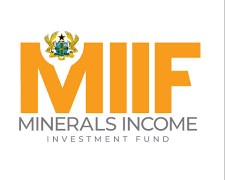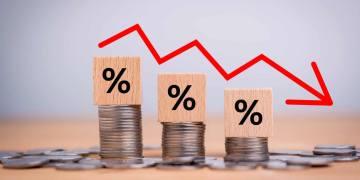In Ghana and around the world, the concept of the “soft life”—characterized by luxury, relaxation, and emotional well-being—has often been associated with women. However, as societal norms evolve, there’s a growing recognition that men, too, deserve to embrace a lifestyle centered on ease, self-care, and emotional balance. This shift isn’t about rejecting hard work but about redefining strength to include vulnerability and self-awareness.
Choosing the soft life as a man doesn’t diminish your masculinity; it simply means prioritizing yourself.
Here are five compelling reasons why Ghanaian men should embrace the soft life:
1. Prioritizing Mental Health
In Ghana, mental health issues among men are often overlooked due to cultural beliefs that associate mental illness with curses or spiritual attacks. This stigma discourages men from seeking help, leading to untreated conditions and, in severe cases, suicide.
Globally, men are more likely to commit suicide than women, with some studies indicating that men account for about 75% of all suicides. Adopting a soft life encourages men to seek support, engage in self-care practices, and prioritize their mental well-being.
2. Breaking the Silence on Emotional Expression
Traditional Ghanaian masculinity often discourages men from expressing vulnerability, with phrases like “boys don’t cry” reinforcing emotional suppression.
This cultural norm can lead to emotional isolation and mental health challenges. The soft life promotes emotional openness, allowing men to express their feelings, seek help when needed, and build stronger, more supportive relationships.
ICYMT: UCC Nursing Students Challenged to Emphasize Clinical Skills
3. Challenging Societal Expectations
Ghanaian society often places heavy expectations on men to be the primary breadwinners and to uphold traditional roles without showing weakness. These pressures can lead to stress and burnout.
Embracing the soft life means challenging these outdated norms, recognizing that seeking balance and self-care is a sign of strength, not weakness.
4. Enhancing Physical Health
Chronic stress and neglect of self-care can lead to various health issues, including hypertension and heart disease.
The soft life encourages men to engage in activities that promote physical health, such as regular exercise, adequate rest, and healthy eating. By prioritizing these aspects, men can improve their overall health and quality of life.
5. Fostering Personal Growth and Fulfillment
The soft life isn’t about avoiding responsibility but about creating space for personal growth and fulfillment. By embracing self-care, emotional expression, and challenging societal expectations, men can lead more balanced and fulfilling lives. This approach allows them to pursue their passions, build meaningful relationships, and contribute positively to society.
The soft life is not a gendered concept but a holistic approach to living well. By embracing its principles, Ghanaian men can foster better mental and physical health, build stronger relationships, and lead more fulfilling lives. It’s time to redefine masculinity to include self-care, emotional expression, and intentional living.
SOURCE: PULSE GHANA



























